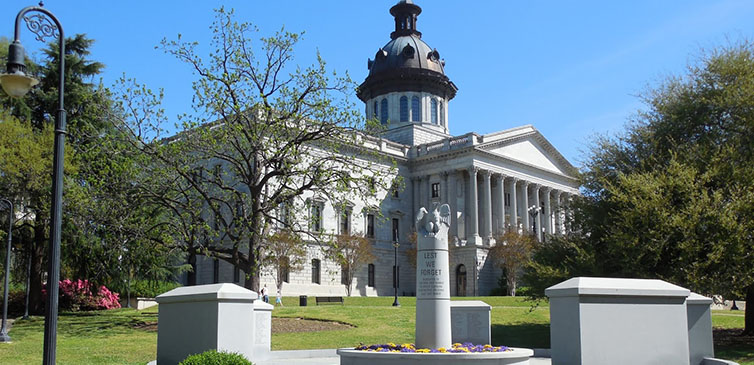In a recent press conference, several of the Mormon
Church's leaders announced that they support legal efforts to protect gays and
lesbians against housing and job discrimination. Due to the nature of the
church's views, it has historically been against things such as same sex
marriage and forced actions, like making a Mormon doctor perform an abortion.
This statement did not come without strings, however. The Mormon Church would
like to see more protection for the LGBTQ community, but also more protection
for themselves in the form of religious exemptions.
Many have called this announcement an attempt to
alter the perception of bigotry the general public may have of the church. This
raises an interesting point that is sometimes overlooked; public views can
often influence the official stances of churches. While they clearly did not
retract their statements, it still seems as though the Mormon Church recognizes
that it is losing the battle against its views. This appeal may even apply to
some of its members, as the article states that this may also be a concession
to its moderate followers.
In regards to other cases, I am usually for
religious exemptions because I generally do believe that people such have the
right to practice their beliefs while still having the opportunity to engage
with other things. For example, when someone wrote a post on whether or not the
Sheikh man should be allowed to join the military, I argued for a religious
exemption that would allow him to join and wear his turban. But this case seems
to bring up an interesting point about fairness to everyone. By protecting the
LGBTQ community and the Mormons' right to not abide by that, the government
would be making it fair for someone else to not be fair. Anti-discrimination
legislation is, by default, supposed to be fair to everyone. But in a situation
like this, it can seem like creating a no-discrimination rule is actually
discrimination (against those who do not believe their actions are
discriminatory). It’s a paradox that seems to come with the territory of the “right
to life, liberty, and the pursuit of happiness” and the right to freely
exercise your religion, which may include values that goes against the first.
Much of how you feel about this situation may stem
from your own personal belief system. For example, at one time, it was socially
acceptable to discriminate based on race/ethnicity, even though people have no
control over that. If you believe that LGBTQ people were born the way they are,
then allowing a religious exemption to discriminate is wrong. But if you
believe that LGBTQ people chose to be the way they are, then this religious
exemption makes perfect sense for you to further practice your religion. As
someone in the first camp, I think that exempting Mormons and other
conservatives from treating people fairly is unconstitutional.
Some may argue that people have the right to serve
whoever they want, but at the same time, this would most likely not be one or
two cases asking for a religious exemption. With such a large Mormon
population, Utah could very well find itself in a position where the government
is faced with many requests for religious exemptions. So while it may improve
the situation for the LGBTQ community in some cases, it may also just allow the
state to say that it has done its job by passing anti-discrimination legislation.
Because of a largely conservative population, it does not seem likely such
legislation will pass soon without the provision for religious exemptions, so depending
on state action, the LGBTQ community may remain unprotected for now.
One of the most fascinating things I find about
this example is that it seems as though historically, Mormons have been looked
down upon. Thus, they have faced court-justified discrimination in cases such
as Reynolds v. United States (1879). Even though the church no longer supports
polygamy as apart of its religion, it was once considered a necessary practice.
And yet, even with this past of unfair treatment, their official views on other
issues are discriminatory in nature just like rules have been towards them.
This case involves two competing principles in terms of who gets treated
more fair. While the Mormon Church may publicly wish for "fairness for
all," it is still asking for the right to be unfair. Determining whether
or not this is right requires a prioritization of what I would consider basic
human rights (to equal opportunity) and the constitutionally given right to
freely exercise your religion. However difficult it may be to choose between
the two, I think the choice is necessary to have a properly and fairly
functioning law.











